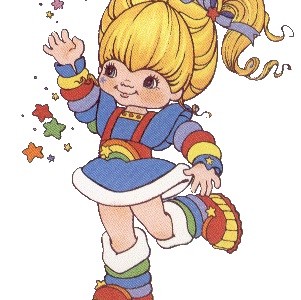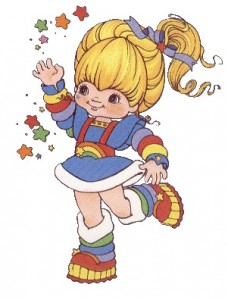I do. I remember playing with my friend Vanessa through the fence. We would trade big girl toys and in the midst of the riots going on in our neighborhood, all I could do was play. My parents did not allow us to walk to the front of the house because it wasn’t safe… But you know what? I played in the back with Vanessa, and we played with everything. We would race our bikes to see who got away faster. We even imagined that we were trapped in our Castles and we would get the Grown up GI Joes to break through the fence to make a magical door.
A now, you see your children playing all the time. Using their imagination, making right from wrongs. Being the super Heros and saving the day while you, the parent, are tired and annoyed that the kid is running around like a superman.
Well join in buddy!
Did you know that Play is the Natural process for a child to heal their traumas? A trauma can be the child falling down, being hit or slapped or a child being bullied. You get the picture. Have you noticed that after he plays it out, the kid is ok again? It’s amazing! They may need to reply it out a few times, but once they have, it’s amazing how they can move on!
You see, Children have a special gift, which unfortunately for most of us; we lose this gift once we become tweens. That’s gift is Play. They use play! They use their imagination to overcome things we never would think they would understand, yet they do in their own way. Like when you’re screaming in the next room and close the door thinking that they will not hear, or the snappy verbal remarks you may throw at your partner or friends in front of others…yeah those do affect your kid. How do I know, well, not only have I’ve been trained, but I work and play with kids all day. Their stories are unbelievable and sometimes I just want to hug them…but I can’t. It is not my job to, it’s your job as the parent to hug and love them and show them. Hence, I end up working with the parents too.
So People wonder, and have asked me, “How can Therapist help children?” Well, here is ONE of MANY ways…Play Therapy.
So what is Play Therapy?
As a child psychotherapist, I’ve learned how to play to help the pain go away. You see…”Play therapy is a child-centered therapy for children between the ages of 3 and 16 years who have mental health and/or other difficulties. The play therapist works one to one with the child, allowing children to explore their inner emotional world in almost any way they choose in the play room. The therapist sets a few necessary behavioral limits in order to safeguard physical and emotional safety during the weekly sessions. Children from all kinds of families come for play therapy. Some [children] have witnessed domestic violence, or experienced abuse or other trauma. Some have conflicted relationships with the parents or care givers arising out of insecure attachment and/or other issues. Provided that the child has some level of symbolic play, play therapy has the potential to help. [1]”
And through this entire trauma, play therapy always finds its way to make some things better after time with your child. You see, Studies have shown “that play-based evaluation techniques [2]” are important to better understand the child. Meaning, play is important to know what is going on with your kids and build rapport. Hence, why it is important for you to play with your child too.
So how much more bonding (rapport) do you as a parent should have?
Answer: A lot more.
How can you learn how to play?
Allow your child some control on this one.
- Let your child pick the game.
- Follow their lead, when they are playing Barbie’s or GI Joes, follow their lead… Plain and simple.
- When your child tells you are doing something wrong, ask “What should I do?”
- This allows for the child to be able to express his needs and wants
- It shows them that you are interested in what they think
- Learn that in that time of play you allow no negativity from your mouth.
- The whole “you did not get this or that done, you did not do this right, you’re not playing right”…stop that. If you are going to pick an hour of play, then PLAY. Play time is not meant for chores… Though I think I just found my next children’s Corner Post…LOL
- Enjoy yourself while learning to play
- Make sure you are at the same eye level (kneeing or playing on the floor) that your child is at unless they ask for you not to be. This may be sometimes because you will be playing a swinging tree, an alien or who knows what…
- And again, enjoy it.
- Create a schedule if you must. This way you are accountable for the times set to play with your child. And your child learns when they will have Special time with Mommy or Daddy.
And always remind (don’t grill) your child before playing that the home rules will still be upheld. Meaning, if your child begins to hit you and act up, then grounding is the consequence. You know your house rules…they do too, just remind your kid ever so often, they know, but they act like they forget sometimes… LOL
Enjoy Playing,
Smile (If you want)
[1] Rye N Play therapy as a mental health intervention for children and adolescents. Journal of Family Health Care. 2008;18(1):17-9.
[2] Jäger J. Facilitating children’s views of therapy: An analysis of the use of play-based techniques to evaluate clinical practice. Clinical Child Psychological Psychiatry.2012 Aug 17.


